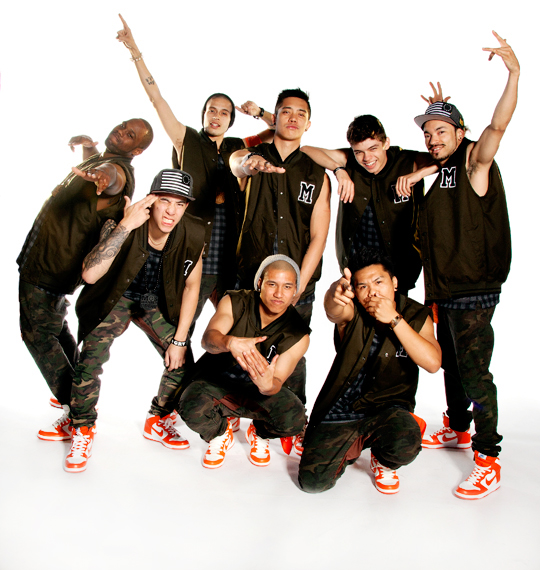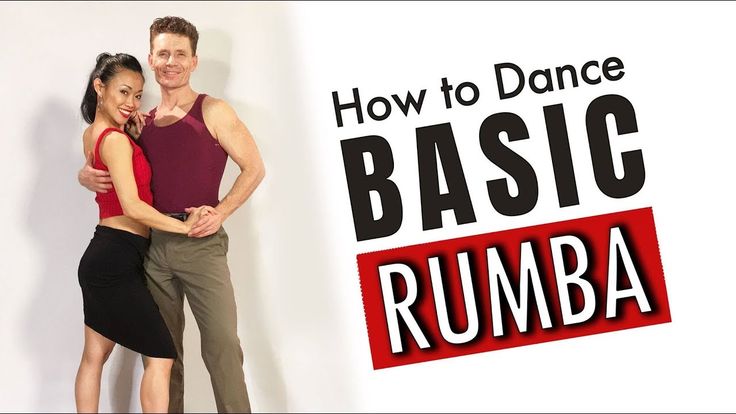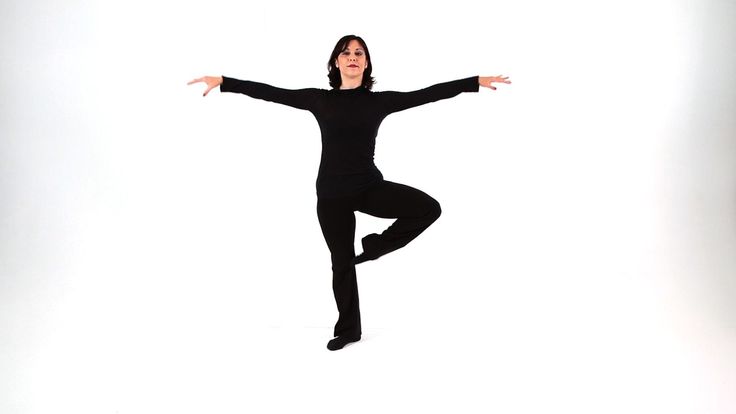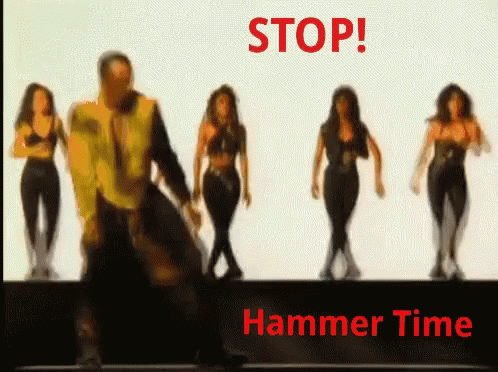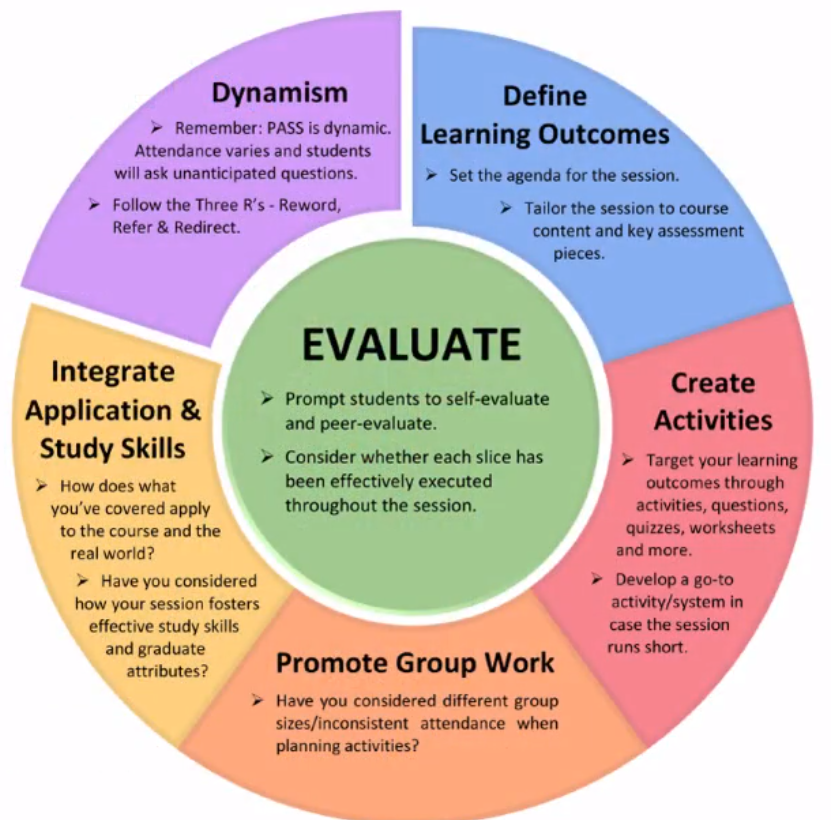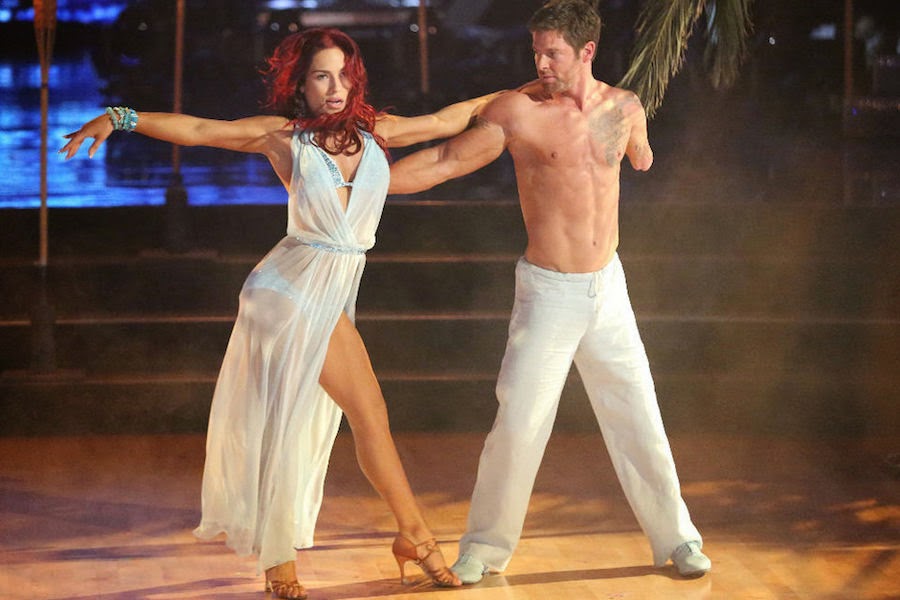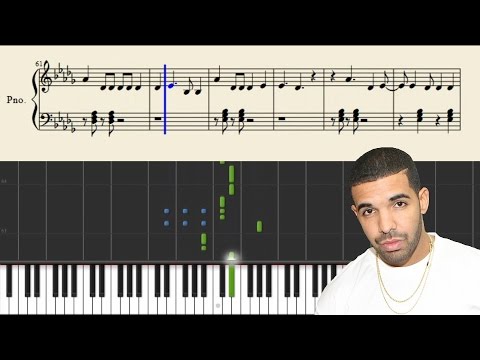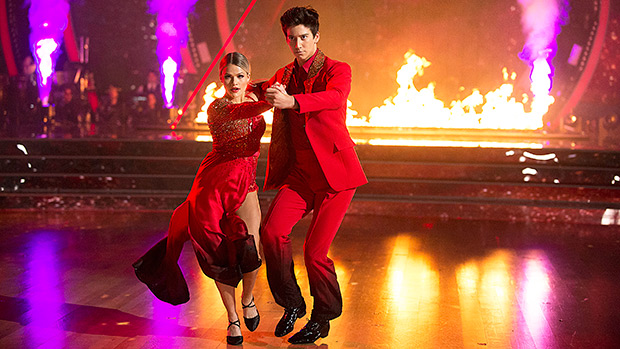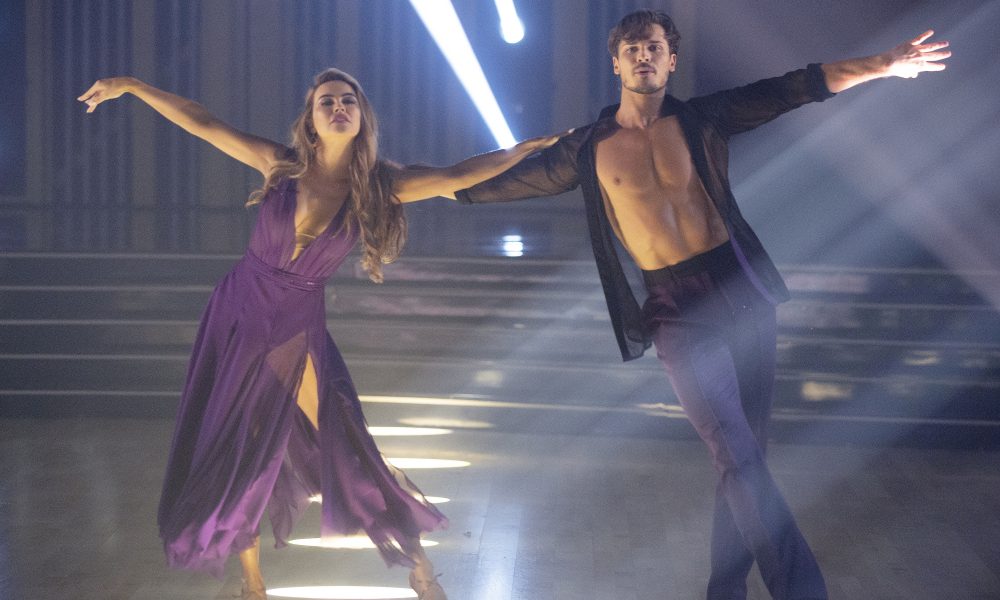How to get a dance agent
Do you need an agent?
Landing a dance agent can help skyrocket your career. Think of it as having your own personal posse cheering you on and fighting for you to succeed. You definitely don’t need an agent to have a successful career in show business, but it doesn’t hurt to have that extra support system in an industry that can often feel overwhelming.
An agent works to get you into every audition and casting you’re right for. And, when you’ve booked a job, they ensure that your contract is solid from the gig’s start to finish. Depending on your agency, agents typically take between a 10 and 20 percent cut from your pay check. When you succeed, so do they — it’s a win-win!
Whether you’re newer to the professional dance scene or a seasoned veteran, having an agent on your team can be extremely helpful. As a newbie, you’ll receive guidance and get your foot in the door more easily than if you’d have to wait several hours to be seen at an open call. And as a working dancer, your agent will utilize your hard-earned resume to get you in for even more jobs (like a swing or an immediate replacement in a Broadway show).
If you’re on the search for an agent, our biggest piece of advice is to find someone who gets you. In your meeting with a potential agent, talk about your goals and what kind of dancing you want to be doing. Of course, also ask about where they see you going with your career. But don’t ever feel like you have to compromise any of your aspirations or change your entire identity just to be successful.
So, what exactly does an agent do — specifically a dance agent?
- Submit dancers for jobs
- Access exclusive auditions that are not posted on open casting websites
- Negotiate contracts (i.e. higher pay, your own row on a tour bus, vacation days)
- Ensure proper working conditions that adhere to your contract and to the performers’ unions (i.e. proper dance shoes, days off, sprung floors)
- Provide guidance in marketing yourself (your “look”, website, reel, resume, headshots)
- Offer referrals (and often discounts) to voice teachers, headshot photographers and more
- Host networking events such as private workshops, sing ‘n’ reads and happy hours
- Encourage your growth as an artist
Sounds great, right? Well, here are a few ways on how you can land an agent for yourself:
- Submit your resume, headshot, dance reel and references via e-mail/online link.

- Attend an open call. (These are usually posted on casting sites and an agency’s own website.)
- Get referred by a colleague or choreographer who is already represented by a particular agency.
- Get scouted in a dance class at big studios like Broadway Dance Center and Millennium Dance Complex.
- Sign up for an agent workshop like those offered by The Growing Studio.
Ready to start searching for a dance agent? Here’s a short list of some of the bigger dance agencies in both Los Angeles and New York City. (There are many, many more. This is just a quick list to get you started on your research.)
McDonald/Selznick Associates: www.msaagency.com
Bloc: www.blocagency.com
CESD: www.cesdtalent.com
Clear Talent Group: www.cleartalentgroup.com
By Mary Callahan of Dance Informa.
Related Items:advice for dancers, agent, Bloc, Bloc Agency, Broadway, Broadway Dance Center, casting agent, CESD, CESD Talent, Clear Talent Group, dance agent, dancer advice, McDonald Selznick Associates, Millennium Dance Complex, The Growing Studio, Tips & Advice
How To Get Into A Dance Agency
How can working with a dance agency be helpful for you? And how do you get into a dance agency?
As flashy and glamorous as the life of a professional dancer may look, dance work is still work – hard work.
Years of training and long hours aside, a big part of being a professional dancer is finding this work itself.
Dance agencies exist to guide dancers through their professional careers. Yet many dancers still find the process of getting into a dance agency somewhat of a mystery.
Especially those who come from a collegiate / community background with not much experience in the industry.
We chatted with our “signed” dancers Denzel and Bianca, along with Bloc Talent Agency assistant Havi, to break it all down.
What is a dance agency?
Dance and talent agencies are companies that help artists (actors, dancers, models, etc.) find professional work.
They connect dancers with jobs like commercials, music videos, tours, roles for TV shows and movies, and more.
While it is possible to find dance jobs without being represented by an agency – if you have the right connections – dance agencies help you find the best-fitting opportunities.
You’ll also get to know other dancers in your agency that have similar aspirations, and talk to agents with years of dance work experience.
You might feel intimidated going to auditions without any friends or jump into this career without a support system.
You can get that “community” or “family” feeling through a dance agency. Not to mention, being signed with a dance agency adds a little umph to your dance resume.
Would you rather get open-heart surgery from “Jessie Ma” or “Jessie Ma, M.D.”?
How do you find a dance agency?
If you know a dancer in your area who is signed with an agency, then ask them about their experience and suggestions.
Word of mouth and personal accounts are very important!
My friends were getting signed by different agencies and let me know when theirs were having auditions.
– Bianca Vallar
And look up those dance agencies online – you will find a section on their website where you can submit for representation, or find out the up coming audition dates.
If not, you can click on their “Contact” section and email the agency to ask when and how to audition.
A few major agencies in Los Angeles are Bloc, MSA, Clear Talent Group, Go2Talent.
Finding the one right for you is a process.
At first, I didn’t have a specific agency I was more focused on. I just wanted to see what the audition process was like and if I could even keep up. But when I started to get a bit more knowledge on the specific agencies and what they had to offer I realized I really wanted to be part of Bloc.
– Bianca Vallar
How do you audition for a dance agency?
To get signed with a dance agency, you need to audition, have an interview, or submit your dance resume and reel – or do some combination of those.
The process varies depending on the dance agency.
Some auditions are split up by style –
For Clear, there was a freestyle part (which was optional, mainly for the bboys, poppers, krumpers, etc.) There was also a Jazz/Contemporary call and a Hip Hop round. You can choose to go to just 1 or all 3; but the more styles you show them the more they know they can utilize you.
– Denzel
Bloc hosts an open audition once every year, with a hip hop portion and a technical portion. We also have a submissions tab on our website. Sometimes agents find dancers at events they attend.
– Havi
Learn from each audition
Bianca took each audition as a learning experience:
I went into my first one and completely failed. After auditioning for a few dance roles at Disney I was used to auditioning, but auditions in LA are way different. I felt like I was wearing the wrong outfit and my headshot was too amateur. Even though I was comfortable with the combo, the LA energy was so different from what I was used to.Through that first audition, I realized how much I needed to prepare to have a successful audition so I wouldn’t feel so lost.I took a lot more classes in North Hollywood to better acquaint myself with the “industry” style, met with friends who were already signed and picked their brain on everything I could learn about the industry and agencies, got new headshots that looked more professional, and even met with a good friend who gave me style tips so I knew what to wear. The prep and new knowledge allowed me to be more comfortable with each audition.There are so many dancers who audition for Bloc, which makes it even more difficult to stand out. Bloc mentioned on their audition flyer that it was gonna be a heels audition for girls. So I knew that the audition was going to be a bit more body conscious and I’d have to focus on my “look." I made sure I felt really confident in my outfit, did my makeup and hair like I was about to do a performance, and took a lot of heels classes to practice.If you prep well beforehand you'll feel confident going into the audition. Then all you have to do is let your dancing speak for itself.
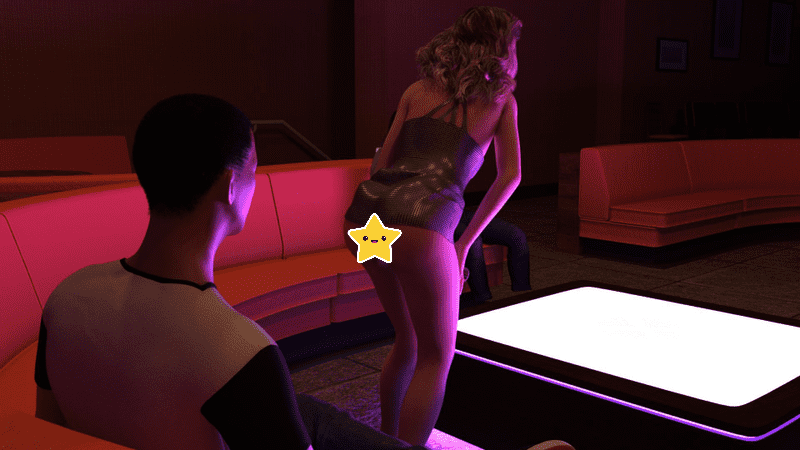
– Bianca
What is it like working with a dance agency?
Considering how much work it takes to get into a dance agency, there must be a lot of benefits to being represented.
Once signed, they'll notify you of auditions for jobs (some of them exclusive to your agency) or offer specific work if a casting director or choreographer finds you through the agency, based on your photos, resume, and reel.
Some choreographers trust a specific agency with their work or book you directly through your agency because they're known for having reliable dancers. And your agents take care of a lot of the logistical parts of dance work – like getting you your check or submitting you for gigs.
– Denzel
They're also very helpful when handling contracts and legal paperwork, making sure you get paid correctly, and your ensuring that your basic rights as a dancer are met. Unfortunately, sometimes people don't view dancers in the industry highly.So a lot of companies will try to rip us off because they don’t understand the work that it takes to be a professional dancer – resulting in horrible working conditions and underpaid dancers. Agents make sure that doesn’t happen and that we're treated fairly.
– Bianca
How often do you get auditions through a dance agency?
The frequency of auditions can vary, but you’ll have access to many more opportunities through a dance agency than if you were not signed.
Denzel used to be invited to 2-3 auditions a week, and go to all the ones he was interested in. Other times, he says, he’ll only get an offer every other week.
Auditions vary week to week. Some months I'll be very busy and go to around 4-6 auditions a week. And some months are slow and I may only get one audition every two weeks. Those are bad months, haha. Your lifestyle will be very unpredictable – it is not a career for people who value stability.
– Bianca
Advice for working with a dance agency
Do your research
Find out everything you can about all the different agencies, the kind of jobs you want to book, and which choreographers are working on those jobs.And take class from all working choreographers, their assistants, or other dancers that constantly work in this industry so you can train and make those connections.
– Havi
Look the part
Your audition for the agency will reflect how seriously you’ll take auditions for gigs. Dress comfortably in something that reflects your style. You’ll be in a sea of other dancers; you want your dancing and your look to make a statement. I look young so I get sent on young roles – so I go with the young youthful hip look. Finding your look is a huge thing!
– Denzel
Show that you’re a star
Don’t hide in the back during the audition – no matter how much you’re killin’ it, it’ll be hard for anyone to see you!And FREESTYLE! This is your chance to showcase your unique skills and style.Practice freestyling because you’ll have to freestyle in most every audition – sometimes before the combo or after, or both.
– Denzel
Train in everything!
You never know what’ll be asked of you in an agency call, so take classes in all styles – especially those outside of your comfort zone.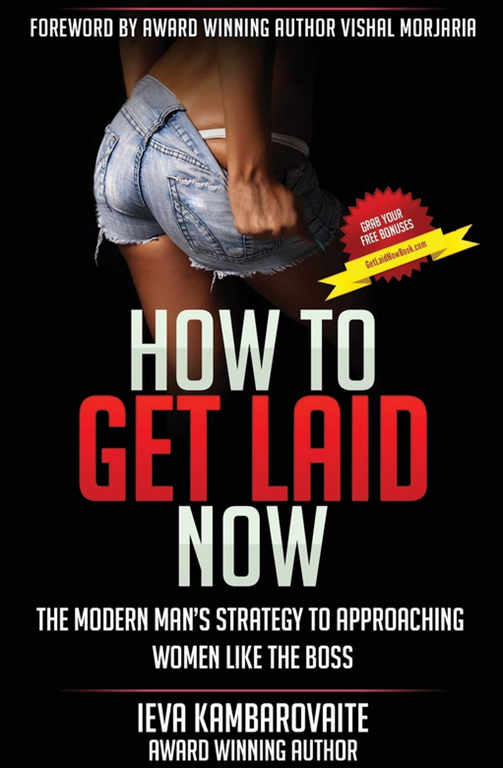
The more you learn, the more versatile you will be, and the less you’ll be phased by whatever an audition throws at you.
LA dancers! Take classes at these Top Dance Studios In Los Angeles You Need To Be Training At
Don’t let rejection phase you
A lot of "no"s will come before getting a "yes." And once the "yes" does come, that doesn't mean you'll book every job you audition for.
– Havi
You won't always get the job you audition for. It may take you years. You'll constantly be faced with people criticizing the way you dance, the way you look, and they will make you feel inferior. Learn to be okay with rejection and allow the negativity to roll off your shoulders so you can continue to move forward. Don't go into this career if you cannot take rejection and criticism well.
– Bianca
Don’t do it for the money
It can be very rewarding to know you get to make money off of the thing you love the most.Although, dancers do not typically get paid that much. Also dancers can sometimes get so caught up in trying to book the job in order to get the money (because most of us are starving artists and super broke) that they lose the fun and love for dance because they're too focused on trying to get paid. You don’t know when you are going to book another job or when the next paycheck is going to come.
– Bianca
Work with your agent
But the agency can’t do everything for you. As Lindholm, co-owner of Go 2 Talent Agency says in this article by Dance Spirit,
I firmly believe it’s 50/50 teamwork. It’s our job to get you in front of people while making sure you’re protected and paid on time. It’s your job to work hard, meet as many people as you can and build a reputation for being professional.
Bianca agrees –
Having an agent is a business relationship. As much as they help you, you have to help them as well. You only get what you put into it.If you want to do lots of dance jobs, then that means doing as much as you can to be the top bookable dancer. So when your agent gives you an audition, you're fully ready and can make people want to hire you.
Know yourself.
Dig deep down, and ask yourself – Are willing to completely dedicate yourself to your dance career? Are you willing to make this your full time job? Like a job, will you dedicate 8 hours a day to your craft?Being represented by an agent and pursuing a full time dance career in the industry isn't easy and results don’t come right away.You have to be patient, work hard, and accept that things take time.But if this is what you are meant to do, then keep doing it.
– Bianca
It's rewarding, yet extremely difficult to pursue dance as a professional career. It’s a good thing dancers have agencies to help!
We hope this helped give you more insight on how to get into and work with a dance agency!
Comment below with any questions you still have, or share your experience of working with a dance agency!
About the dancersDenzel started dancing when he was just 5 years old, learning dance moves off of music videos on MTV.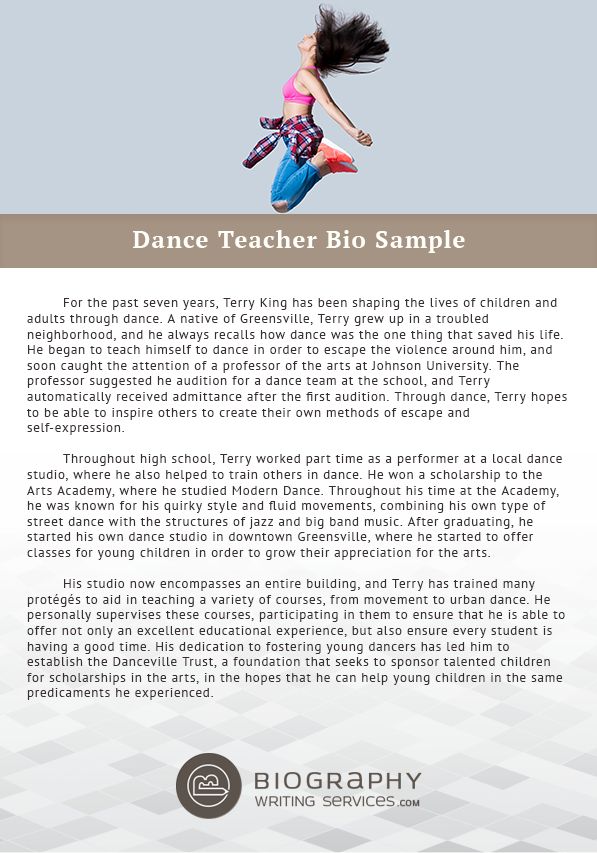 He started dancing on his church’s Hip Hop praise team in elementary school, where he fell in love with performing. Denzel was signed for acting when he was 6, but didn’t go to a dance agency audition until he was 18! He is represented by Clear Talent Group and has alongside several major artists.
He started dancing on his church’s Hip Hop praise team in elementary school, where he fell in love with performing. Denzel was signed for acting when he was 6, but didn’t go to a dance agency audition until he was 18! He is represented by Clear Talent Group and has alongside several major artists.
Havi transitioned from competitive gymnastics to dance when she was 11. She trained in jazz, tap, hip hop, lyrical, contemporary, and ballet and pointe, continuing her studio training, as she attended dance conventions and danced on her high school dance team. When she entered college, she realize she actually did not want to be a dance major, but danced on Common Ground for 4 years.
Bianca learned cultural dances (Polynesian, Filipino, Bollywood) at a young age, later joining Breakthrough, her first junior team at Studio 429. She took classes, taught, and directed at the studio as she she became one of the original members of Choreo Cookies, where she danced on the team for over 9 years. Bianca moved to LA to pursue dance, and got a job at Disneyland and later joined Bloc Talent Agency and has been dancing professionally, full-time, since.
Bianca moved to LA to pursue dance, and got a job at Disneyland and later joined Bloc Talent Agency and has been dancing professionally, full-time, since.
How to Become a Professional Dancer (Step by Step) • BUOM
By Indeed Editorial Team
May 13, 2021
Becoming a professional dancer takes passion, determination and dedication. You must invest time in building your craft in order to have a successful career. Hard work is an important quality that a professional dancer possesses. In this article, we will explain what a professional dancer is, what a professional dancer does, how to become one, skills, salary and job prospects. nine0003
What is a professional dancer?
A professional dancer is a person who has the qualifications, skills and training in a particular form of dance. Professional dancers perform a choreographed dance in front of an audience and use their bodies to convey the emotions that tell the story. They specialize in various dance styles such as modern dance, modern dance, street dance, ballet and hip hop and appear in theater productions, films, music videos and Broadway shows.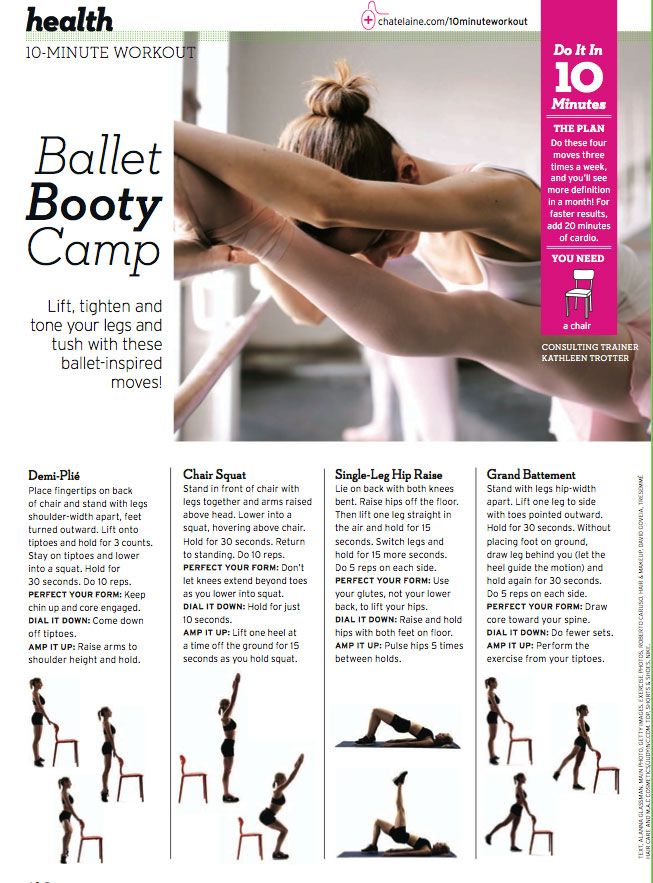 nine0003
nine0003
What does a professional dancer do?
A professional dancer works with directors, choreographers and other dancers to develop dance sequences for performances. Professional dancers work in a professional environment and work in large dance groups. They spend time studying difficult numbers and interpreting the work of the choreographer. Other duties of professional dancers:
-
Spending time rehearsing performances
-
Attendance and preparation for auditions
-
Learning different types of dance.
-
Compliance with safety precautions
-
Training how to use other skills, such as acting or singing
-
Timely appearance at rehearsals, advertising measures and auditions
-
Maintaining good relations with other dancers, instructors and senior staff
Professional dancers work in a wide variety of industries, but generally fall into these three categories. These are:
These are:
-
Company dancers: Company dancers are usually hired by one company with which they perform regularly for a long time.
-
Commercial dancers: Commercial dancers are usually freelancers who work on commercial projects including films, music, cruise ships, musicals, and commercials. nine0003
-
Dance teachers: Dance teachers often become teachers when they can no longer dance or discover that teaching is their passion.
How to Become a Professional Dancer
Professional dancers are passionate, determined and persistent in achieving their goals. Here are a few steps to help you transition to professional dance:
1. Complete extensive training
No qualification or degree is required to become a professional dancer, but training is an important factor. Professional dancers begin their training at age five and begin auditioning for full-time jobs at age 18. Training helps develop the muscle strength and techniques necessary to turn a talent into a profession. Dance groups and performing arts schools offer students the experience they need to enter professional dance groups. People who are just starting out in dance should start with ballet because it offers an excellent foundation for developing strength, muscle memory and flexibility that will help them in any dance style. nine0003
Dance groups and performing arts schools offer students the experience they need to enter professional dance groups. People who are just starting out in dance should start with ballet because it offers an excellent foundation for developing strength, muscle memory and flexibility that will help them in any dance style. nine0003
2. Consider getting a bachelor's degree
You don't need a university degree to become a professional dancer, but specializing in dance can give you exposure to a variety of dance genres. You also have the option to focus on a particular dance. A variety of universities and colleges offer majors in dance through visual arts or theater departments. On the dance direction you will learn:
-
Choreography: You learn performance skills through various dance techniques and ways of expressing yourself through choreography.
-
Production: As a student, you will learn about behind-the-scenes production processes. This may include sound work, lightbar control, costumes, lighting design, and stage management.
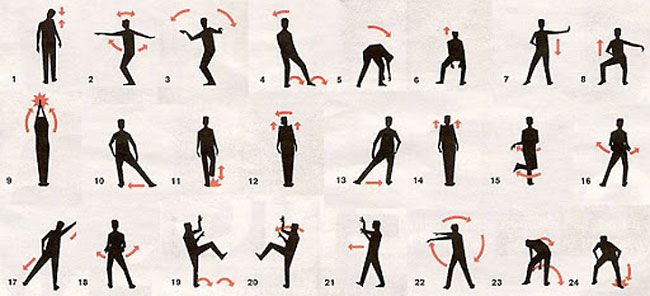
-
The history of dance: you will learn about the origins of dance and how people from different continents view dance from a social, ceremonial and cultural point of view. nine0003
-
Teaching: You will learn how to develop teaching skills to teach people from different age groups and communities.
-
Movement and body alignment: You will learn about muscle coordination and posture.
3. Gain experience
If you want to increase your chances of getting a job as a professional dancer, you should consider moving to a city where entertainment thrives. However, take the time to research the arts communities in your area where you can volunteer to dance. You can also gain experience:
-
Activities: Participation in dance classes helps you develop your skills, stay physically fit and gain experience. Taking dance classes also increases your chances of getting an audition because the director or choreographer may be familiar with your work or have experience working with you.

-
Master Class Attendance: Most of the dance workshops are taught by renowned choreographers and members of dance groups. Choreographers always keep a close eye on who follows instructions and improves. Always try to make a good impression by attending seminars because it may lead to future opportunities. nine0003
4. Find out about union jobs
Major dance companies are unionized and TV, film and Broadway jobs are unionized. You must have a union card to be eligible to audition. The union card identifies you as a legal union member and allows the union to represent you. Some unions representing dancers are:
-
Screen Actors Guild / American Federation of Television and Radio Artists (SAG-AFTRA): They represent dancers, recording artists, emerging writers, stunt performers and other media professionals. nine0003
-
Actors Equity Association (AEA): They present Broadway shows.
-
American Guild of Musical Performers (AGMA): They represent the New York City Ballet.
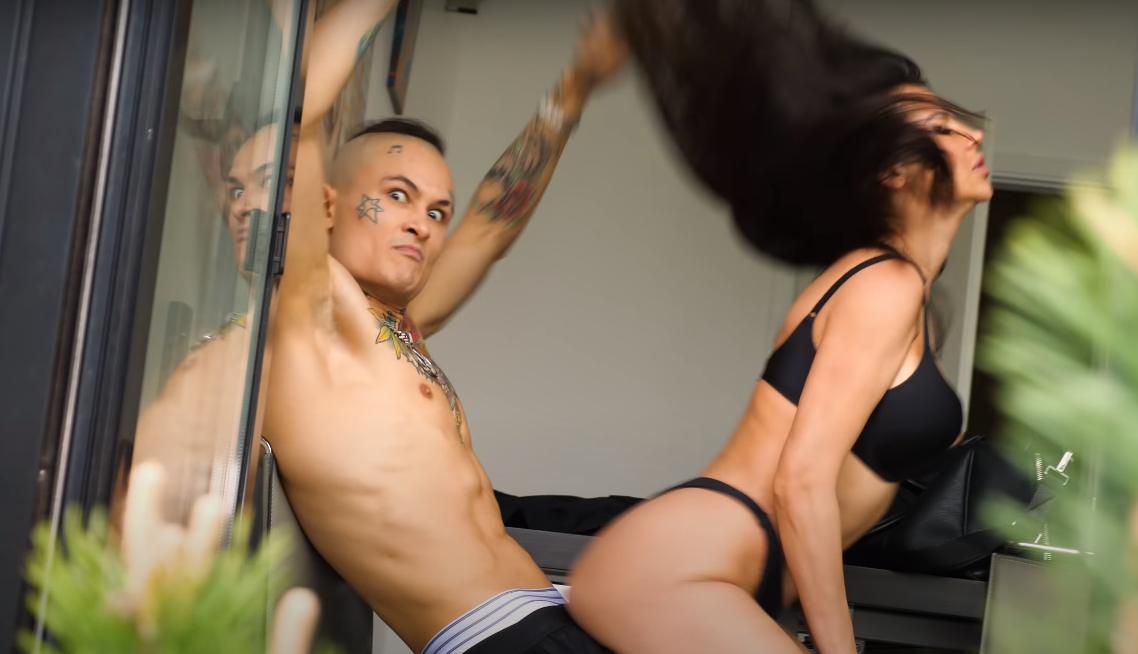
-
American Guild of Variety Artists (AGVA): They represent performing artists.
5. Find a talent agent
Becoming a professional dancer can be tricky; this is why most dancers choose to work with a talent agent. A talent agent is a professional dedicated to helping clients navigate the entertainment industry as well as helping their clients find auditions and submit dance videos and resumes. They facilitate the process of professional dance career. You must take the time to research and find a reputable agent. nine0003
The union usually represents a reputable agent. Laws vary from state to state regarding talent agents, but the agent should not require you to pay anything. They are usually paid a 10% deduction from your earnings when you commission a job. You must find an agent who shares your vision and is interested in you. Asking other dancers or choreographers for recommendations is a step in the right direction, or you can check agency websites to see what kind of clients they represent.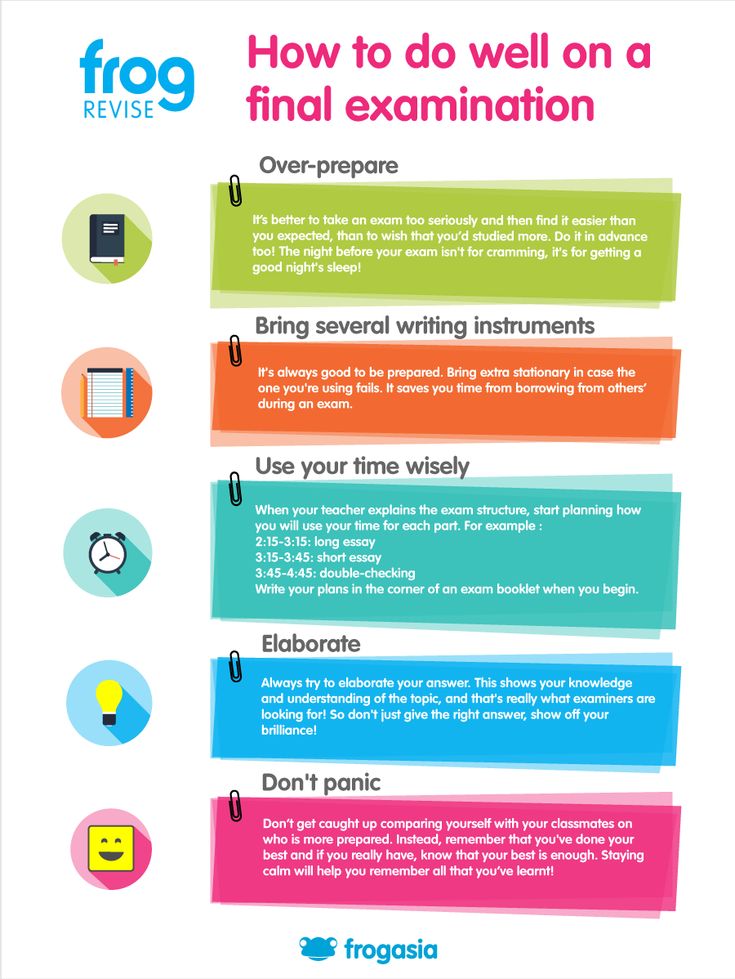 You should have these three things in mind before contacting your ideal agency:
You should have these three things in mind before contacting your ideal agency:
-
Letter of recommendation: You can ask your dance teacher to write a letter of recommendation that highlights your strengths.
-
Resume: Your resume should detail your education and performance experience, including what you've done, the name of the project you've danced in, and who you work for. If you haven't worked on a professional project yet, you can list competitions, local productions, and musicals you've been in to add to your performance experience. nine0003
-
Dance video: The agency wants to see your skills, so make sure you record a number that shows your style and talent.
6. Write Your Resume
When you go to an audition, some people may want your resume. Your dance resume should contain important details, including:
-
Dance Video: This is a short collection of videos that showcase your skills and experience as a dancer.
 Usually it is several minutes. You must have a dance video no matter what production or project you are applying for. nine0003
Usually it is several minutes. You must have a dance video no matter what production or project you are applying for. nine0003 -
Headshots: Professional headshots are needed because they help choreographers, agents and casting directors remember you. Headshots also provide choreographers and directors with an easier way to decide which dancers are best suited for a company or production. Your headshots should reflect your current look and be crisp.
-
Resume: Your resume should be easy to read, accurate and concise. It must include your full name, phone number, email address, union status, and dance experience. nine0003
7. Go to auditions
Auditions are a huge part of being a dancer. You can showcase your skills and talents to industry professionals. The process can be overwhelming, whether you're going to audition for a dance company or college, but preparing for them can make the process easier and less stressful. Here are some things that can help the audition process:
Review the audition application.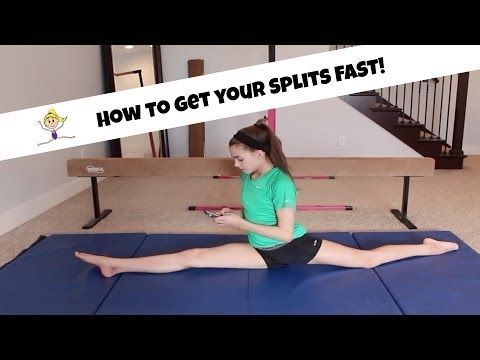 Many application forms contain important information about how the audition process works. It is extremely important to make a checklist of dress code requirements and rules to make sure you follow them. nine0003
Many application forms contain important information about how the audition process works. It is extremely important to make a checklist of dress code requirements and rules to make sure you follow them. nine0003
-
Do your research: in some cases, you may already know the choreographer you are performing for. Studying their videos to get an idea of their style can give you an idea of how to deliver great performance.
-
Work on your freestyle: Directors or choreographers may want you to freestyle to determine what sets you apart from other dancers. You must practice your freestyle regularly to gain confidence. nine0003
-
Rehearse before your audition: For commercial dances, many auditions are done on camera. You should practice your close-ups by asking a friend or family member to film you.
-
Get enough sleep: You should get at least eight hours of sleep before your audition to get the energy and focus you need to perform.

-
Arrive early: To make a good impression, set your alarm for the morning so you can get ready and leave the house early. nine0003
-
Dress appropriately: your clothing should be comfortable and appropriate for the style of the dance, and allow for freedom of movement. Your clothing must also comply with the audition rules. Keep in mind that the judges also want to see your body, so wear something appropriate to show off your form. If you're auditioning in a classical category such as ballet, jazz, or modern dance, wear leotards and tights. Some auditions have stricter rules and require you to wear a uniform. Always follow the rules. nine0003
-
Watch the judges' reactions: pay attention to how the judges react to other dancers performing. Observing the judges' facial expressions and body language can help you avoid the same mistakes other dancers make and inspire you to improve your performance.
8. Stay healthy
To have a long professional dance career, you must maintain your health and strength.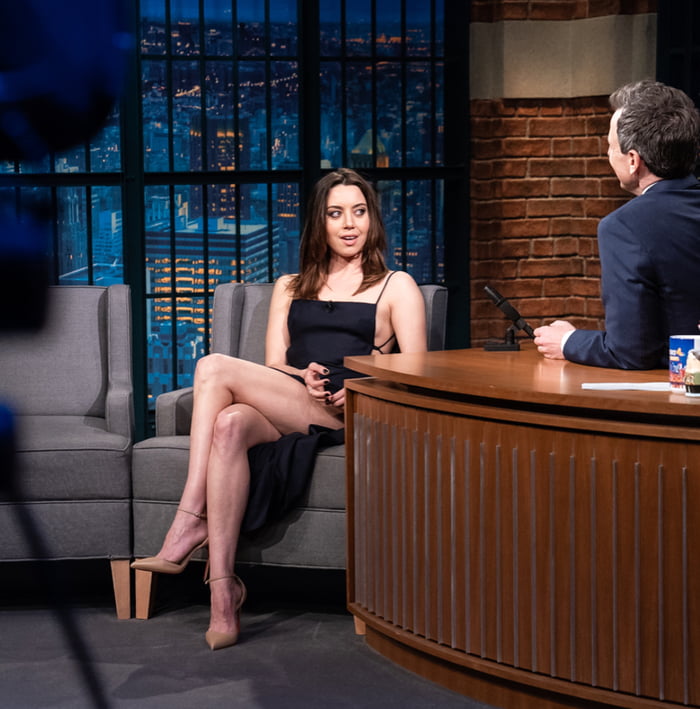 You should avoid processed foods and eat whole foods instead. Also, get regular exercise with cardio workouts like running, swimming, cycling, and weight lifting to strengthen your muscles. This helps to reduce the number of injuries. nine0003
You should avoid processed foods and eat whole foods instead. Also, get regular exercise with cardio workouts like running, swimming, cycling, and weight lifting to strengthen your muscles. This helps to reduce the number of injuries. nine0003
Skills of a professional dancer
In addition to being talented, you must have skills that will help you have a successful career. These skills are:
-
Creativity: You must have interesting, innovative ways to express your ideas through dance.
-
Physical strength: You must have excellent mobility and strength to move your body without losing balance or falling, and be able to work for a long time. nine0003
-
Interpersonal skills: You must be able to interact effectively with others because you will be working with many people.
-
Discipline: You must have a good attitude, follow the rules and meet the requirements.
-
Persistence: You must remain committed to your years of study and overcome obstacles and disappointments in the future.

-
Active listening: You must be able to pay attention to instructions given by directors and choreographers. nine0003
Salary and Job Outlook
According to the US Bureau of Labor and Statistics, dancer employment is expected to grow by 2% from 2019 to 2029. Most jobs come from private dance schools. The average salary for a dancer is $45,905 per year ($19.63 per hour).
Caucasian Knot | More than 600 people
,this message (material) was created and (or) widespread by a foreign media that performs the functions of a foreign agent and (or) a Russian legal entity that performs the functions of a foreign agent in the Nalchik center participants in the center of Nalchik. nine0003
Mass Circassian dance game - Adyghe Jagu - took place today in Nalchik on the square of Abkhazia. Adyge Dzhegu is "the quintessence of Circassian culture," experts say.
Information about the August 3 Adyge Dzhegu in the center of Nalchik was received by the "Caucasian Knot" SMS service on July 31.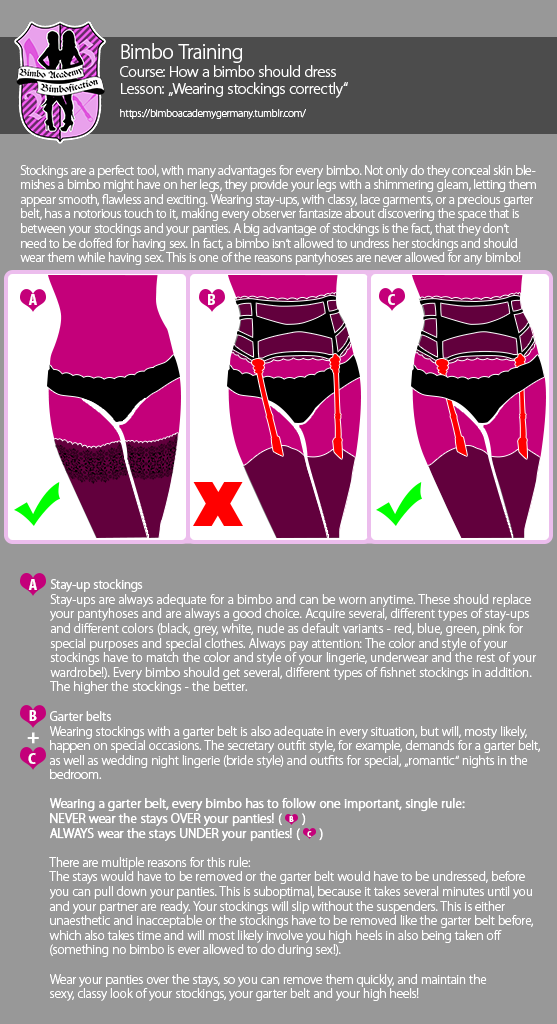 "On August 3 at 18.00 in Nalchik, on the square of Abkhazia, a jagu will take place. A delegation of 50 people from Adygea will arrive, the initiator of the event is youth. The information is distributed through social networks," the author of the message wrote. nine0003
"On August 3 at 18.00 in Nalchik, on the square of Abkhazia, a jagu will take place. A delegation of 50 people from Adygea will arrive, the initiator of the event is youth. The information is distributed through social networks," the author of the message wrote. nine0003
The Circassian (Adyghe) tradition of dancing in a circle - Adyghe Dzhegu - incorporates elements of the game, dance art and singing. It is one of the national traditions and customs of the Circassians.
"Such live communication is important for us"
According to the organizers of the event, which took place today in the center of Nalchik, more than 600 people became participants in Adyge Dzhegu. At the same time, residents of not only Kabardino-Balkaria, but also Adygea took part in the event. 44 people came from the neighboring republic to Nalchik to participate in Adyge Dzhegu. nine0003
Children of Circassians from Syria were also invited to Adyge Dzhegu, who are resting in one of the sanatoriums in Nalchik, one of the organizers of the event told the "Caucasian Knot" correspondent.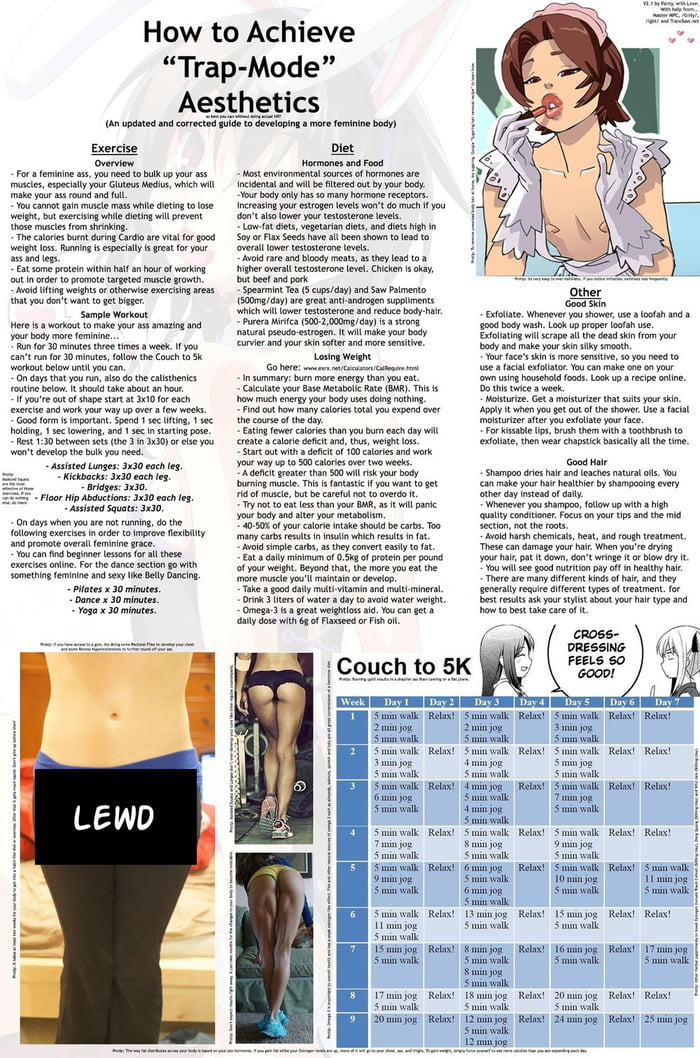
The event was organized by the administrators of the "Cherkessia" and "Typical Adygea" groups in the social network "VKontakte". "Once again, it is worth recalling that everyone who wants to take part in the big Adyge Dzhegu on Abkhazia Square should be dressed appropriately - girls without trousers and short skirts, guys without tracksuits and shorts. Circassian national costumes are desirable," they warned in advance participants Adyge Jagu organizers of the event. nine0003
As the journalist and Circassian activist Astemir Shebzukhov noted in an interview with the "Caucasian Knot" correspondent, "the Adyghe Jagu held today differed from the traditional ones in its geography and mass character."
Adyge Jagu is regularly held on the Abkhazia Square in Nalchik with the permission of the city authorities, Astemir Shebzukhov recalled. "The purpose of today's action is simple. Circassians are a scattered people. We communicate mainly on social networks. And such lively communication as a joint jagu is important for us," Astemir Shebzukhov said. nine0003
And such lively communication as a joint jagu is important for us," Astemir Shebzukhov said. nine0003
"Dance does not allow swagger and vulgarity in movements"
The organizers of the event told the "Caucasian Knot" correspondent that the first Adyge Jagu in Nalchik took place in September 2005, but after the events of October 2005 there was a break. Since May 2006, Adyge Jagu in Nalchik has been held regularly, once a week, the organizers noted.
As a rule, the dance game in the center of Nalchik starts at 18.00-19.00 and lasts three to four hours. To the right of the dance circle, the girls line up, on the contrary - the guys. The women's queue is regulated by the manager. She leads the girls to the dance circle, the men's side has its own manager. Only live music plays on the jagu - two drums, harmonica, accordion and rattles, the "Caucasian Knot" correspondent notes. nine0003
"Jegu is not just an ethnic game designed for young people or older people to demonstrate their ability to move to music in a dance circle," said Lyudmila Shautsukova, head of the department of the North Caucasus State Institute, culturologist.
"Adyghe Dzhegu is a bridge thrown from our everyday life to the air castles of a free spirit. The ethnic dance of the Circassians and Balkars is built on superplasticity, infernal forms, in which the entire astral, meditative culture of the people is reflected. Hence the phenomenal concentration of "life energy "in the movements of a woman and a man. When he demonstrates his strength and dexterity, and she demonstrates her beauty," said Lyudmila Shautsukova. nine0003
At the same time, the culturologist emphasized that "Adyge Dzhegu among the Circassians is subject to a strict etiquette order." "The dance does not allow swagger, vulgarity of movements, disrespect for a partner, even in a slight degree," Lyudmila Shautsukova told the "Caucasian Knot" correspondent.
At the same time, she lamented that "over time, the concept of the Adyghe Dzhegu sacred service is losing ground." "Today, we are witnessing a violation of both the letter and the spirit of Adyge Dzhegu.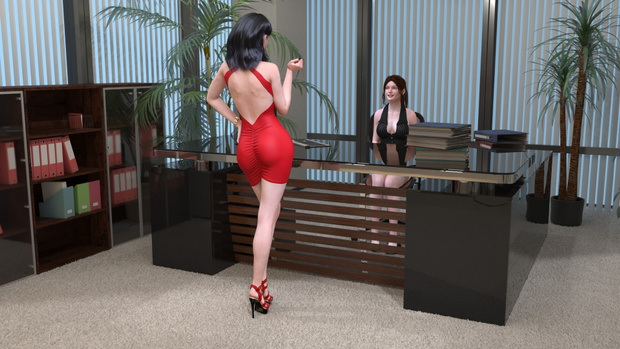 However, this is typical for all elements of traditional culture. And not only in the local space of the peoples of the North Caucasus, but also in all the peoples of the world. And with this, in the era of functional globalism, almost nothing can be done," said Lyudmila Shautsukova. nine0003
However, this is typical for all elements of traditional culture. And not only in the local space of the peoples of the North Caucasus, but also in all the peoples of the world. And with this, in the era of functional globalism, almost nothing can be done," said Lyudmila Shautsukova. nine0003
"However, any participant of Adyghe Dzheg needs to remember that millenniums look at him through the prism of dance. During which his ethnic roots, his strength and spirit, his ideas about the world and about himself in this world, his habze were formed and strengthened (" ), Shautsukova noted.
Zaurbek Kozhev, an employee of the Institute for Humanitarian Studies of Kabardino-Balkaria, in an interview with the "Caucasian Knot" correspondent called Adyghe Dzhega "the quintessence of Circassian culture."
"Adyghe Dzhegu erases social and even age differences. Dzhegu allows a person to be as open, free, dynamic as possible," said Zaurbek Kozhev.
Zaurbek Kozhev also noted that for Adyghe Dzhegu "there are no rigid rules", while the rules of the dance "are dictated by the general harmony". "The main rule is to respect other participants, to show your individuality, not to cross the road to another, not to occupy the center of the dance circle for too long," said Kojève. According to the scientist, "liberties during jagging can only be allowed in a playful manner and without aggression." nine0003
Adyghe Dzhegu can rightfully be considered a "national brand", says Madina Khakuasheva, Doctor of Philology, Leading Researcher at the Department of Adyghe Philology of the Kabardino-Balkarian Institute for Humanitarian Research.
"Jegu reflects the essence of our people, their mentality, their temperament. We have a young literary tradition, but dancing is our old brand," Madina Khakuasheva told the "Caucasian Knot" correspondent.
Arguing that the rules of Adyge Dzhegu began to be violated, Khakusheva noted that "these are insignificant details.
